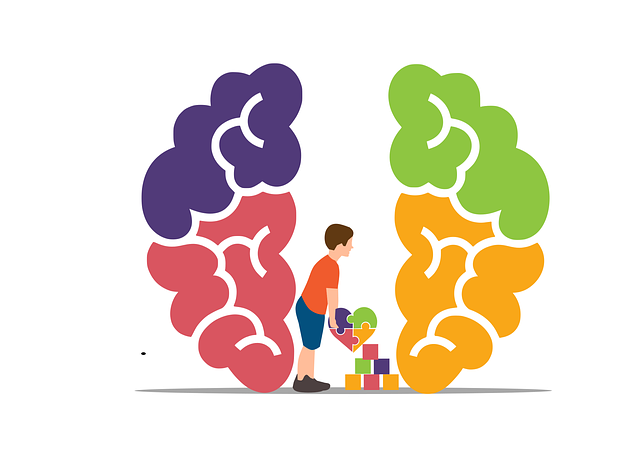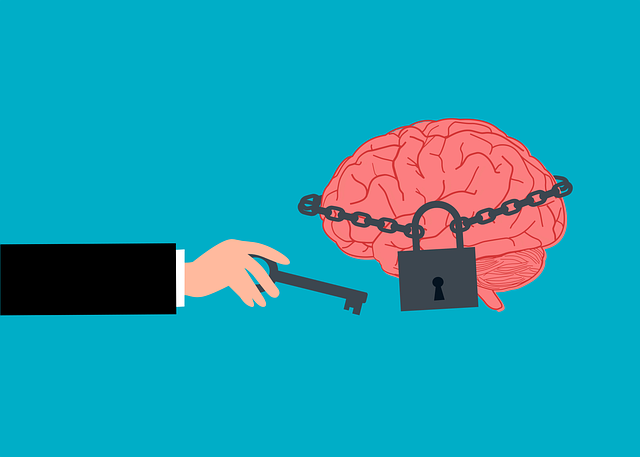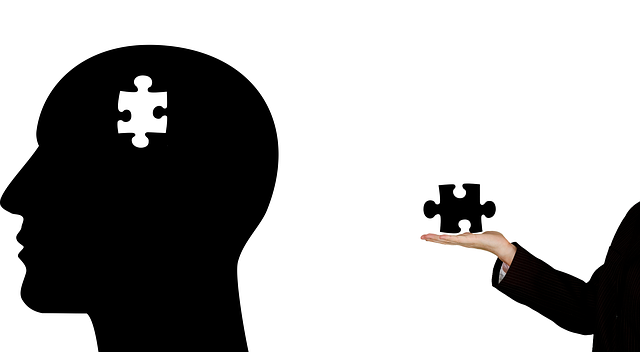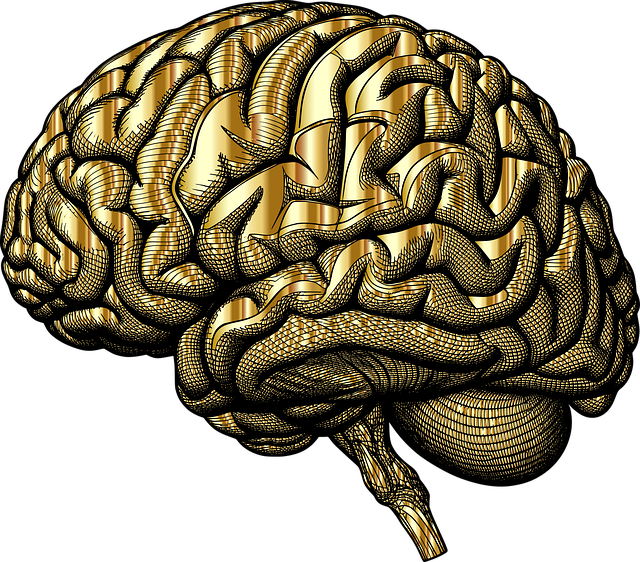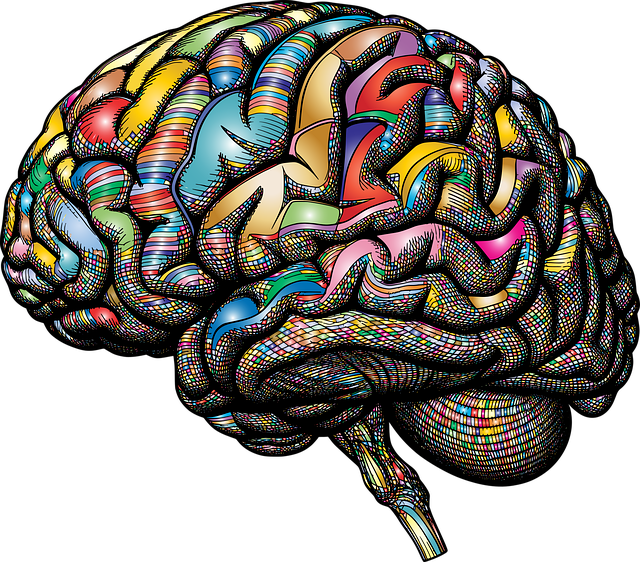Westminster Couples Counseling Therapy focuses on mood regulation and cognitive techniques for stress management, utilizing mindfulness, meditation, and present-moment awareness to foster emotional balance and strengthen relationships. This holistic approach emphasizes cultural sensitivity, self-care education, and building emotional intelligence to enhance overall well-being, empowering individuals to navigate challenges and contribute to a supportive mental health community.
Mood regulation strategies are essential tools for maintaining emotional balance. In today’s fast-paced world, effective management of moods can significantly enhance overall well-being. This article explores various techniques to help individuals and couples navigate and stabilize their emotional states. We delve into cognitive approaches, the power of mindfulness, relaxation techniques, and the critical role of emotional intelligence in fostering resilient relationships, offering valuable insights for those seeking Westminster Couples Counseling Therapy.
- Understanding Mood Regulation: Unraveling Emotional Balance
- Cognitive Techniques for Effective Mood Management
- The Role of Mindfulness and Relaxation in Couples Therapy
- Building Resilient Relationships through Emotional Intelligence
Understanding Mood Regulation: Unraveling Emotional Balance

Understanding Mood Regulation is a crucial aspect of maintaining emotional balance, which can be a complex yet essential process for overall well-being. At Westminster Couples Counseling Therapy, we recognize that each individual’s journey to emotional stability is unique. This involves recognizing and managing one’s emotions effectively, ensuring they don’t overwhelm or control our thoughts and actions.
Various strategies, such as Mindfulness Meditation and Emotional Healing Processes, can help individuals achieve this balance. For instance, Mindfulness Meditation encourages focusing on the present moment, observing thoughts and feelings without judgment, which fosters a sense of calm and clarity. Through these practices and with the support of professional therapy, one can enhance their ability to navigate life’s challenges, improve relationships, and overall contribute to a more positive Mental Health Policy Analysis and Advocacy approach to well-being.
Cognitive Techniques for Effective Mood Management

Cognitive Techniques for Effective Mood Management play a significant role in mental wellness and stress reduction methods, as highlighted by professionals at Westminster Couples Counseling Therapy. These techniques help individuals challenge negative thought patterns and replace them with more positive and realistic ones, thereby influencing their emotional state. One such technique is cognitive restructuring, where people learn to identify and change distorted beliefs that contribute to negative moods. For instance, instead of thinking “I always fail,” one might reframe it as “I’ve had some setbacks, but I’m capable of learning and improving.”
This process involves a thorough risk assessment for mental health professionals to ensure the safety and well-being of clients during therapy. By teaching individuals to recognize triggers and anticipate emotional responses, cognitive techniques empower them to proactively manage their mood. This proactive approach can prevent minor stressors from escalating into significant mental health issues, fostering a healthier and more balanced mental wellness regimen.
The Role of Mindfulness and Relaxation in Couples Therapy

In the realm of Westminster Couples Counseling Therapy, mindfulness and relaxation techniques play a pivotal role in fostering healthy relationships. These strategies empower couples to navigate emotional challenges with greater equanimity, enabling them to build resilience against stress and conflict. Through practices such as meditation and deep breathing exercises, partners can cultivate present-moment awareness, improving their ability to listen actively and respond empathetically. This heightened mindfulness fosters a more profound connection, allowing couples to understand each other’s perspectives better, thereby enhancing communication and resolving issues more constructively.
The integration of relaxation techniques in therapy also considers the broader context of mental health. Cultural sensitivity in mental healthcare practice is essential, and Westminster Couples Counseling Therapy tailors its approach to accommodate diverse needs. This includes designing Mental Health Education Programs that promote self-care practices, not just within the therapeutic setting but also as part of a Community Outreach Program Implementation. By addressing mental health holistically, therapists ensure that couples receive comprehensive support, fostering stronger bonds and healthier dynamics in their relationships.
Building Resilient Relationships through Emotional Intelligence

Building resilient relationships is an essential aspect of mood regulation, and emotional intelligence plays a pivotal role in this process. Westminster Couples Counseling Therapy emphasizes the importance of understanding and managing emotions effectively to foster strong connections with partners, family, and friends. Through therapy sessions, individuals learn to enhance their emotional awareness, enabling them to recognize and express their feelings healthily. This skill is crucial for resolving conflicts constructively, strengthening bonds, and creating a supportive network.
The process involves developing coping skills that allow individuals to navigate challenging situations with resilience. By incorporating strategies from mental health education programs designed to promote emotional intelligence, people can better understand their partners’ perspectives, empathize, and communicate openly. Public awareness campaigns focused on emotional well-being further contribute to creating a supportive community where individuals feel empowered to seek help and support for their relationships and overall mental health.
Mood regulation is a multifaceted skill, as demonstrated by our exploration of various strategies throughout this article. From cognitive techniques and mindfulness practices to emotional intelligence development, each approach plays a unique role in maintaining emotional balance. By integrating these methods into their lives, individuals and couples can enhance their resilience and overall well-being. For those seeking professional guidance, Westminster Couples Counseling Therapy offers specialized support tailored to these very needs, fostering deeper understanding and stronger connections.
